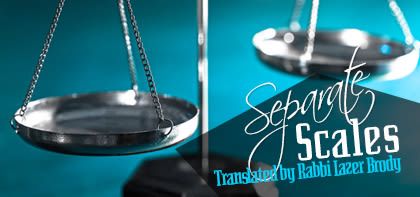
Separate Scales
Just as each of us has his own individual thumbprint, each one is unique in all other ways. Hashem takes all the individual circumstances into consideration…

Translated by Rabbi Lazer Brody
Don’t think that Hashem has one standard that He judges everyone according to. Hashem’s justice is not the book of statutes of the Federal Government or of the State of New York. Hashem judges each person individually, according to that person’s individual attributes, tools and challenges in life. In Divine justice, no two people are judged the same way. Hashem doesn’t use the same scale for two people.
You wouldn’t judge your two-year old toddler the way you’d judge your teenage son or daughter. Every person is different. One is born in a religious neighborhood in Bnei Brak and someone else is born in San Antonio, Texas. One person has rich parents and someone else is born into a poor family. One person has tremendous innate intelligence while someone else has a simple mind. We can go on and on. Just as each of us has our own individual thumbprint, each of us is unique. Hashem takes all of that into consideration. As such, Divine judgment so dramatically differs even from the most benevolent judicial systems of this world.
Each person is a different reality. Hashem has a separate scale for each person. That’s why our sages command us to judge others fairly and explain that we can’t possibly judge another person until we stand in his place. Only Hashem knows how to judge a person. We are incapable of judging anyone. And, when it comes to ourselves, we must judge ourselves fairly. When a person is hard on himself and fails to judge 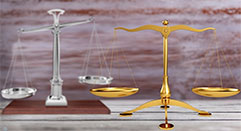 himself fairly, this too is a distortion of Divine judgment.
himself fairly, this too is a distortion of Divine judgment.
We should all strive to internalize Rebbe Nachman’s wonderful light of judging ourselves fairly, for Divine justice judges us fairly. You know what it means when a person thinks that Hashem is unfair with him? He is judging Hashem unfairly! Who is insolent enough to judge Hashem, and to judge Him unfairly at that? No wonder such a feeling invokes stern judgments.
Yet, when a person knows that Hashem is judging him fairly, and He thanks Hashem for everything Hashem does in his life whether it’s favorable or seemingly otherwise, he opens the gate to every single salvation and invokes an unfathomable measure of Divine mercy and compassion. That’s why gratitude invokes miracles that defy nature. A person with true emuna is a person with gratitude, and just as emuna is above nature, so is gratitude.
As soon as we judge Hashem fairly, knowing that everything Hashem does is for our very best, we hasten the Geula, the full redemption of our people. That’s the meaning of a generation that is completely meritorious, for it regards Hashem as completely meritorious. This is the generation that will bring Mashiach. When we thank Hashem for everything He does, it means that we believe in His merit, his loving Divine justice that’s all for the best.
Rebbe Shneur Zalman of Liadi, the holy Baal HaTanya, says that the more a person thanks and praises Hashem, the more he ascends in holiness. The Hebrew word for “thanks” is todah; it has a numerical equivalent, what we call a gematria, of 415. The Hebrew word for “holiness” is kedushah; it too has the same exact numerical equivalent – 415! Why does gratitude enhance holiness? Gratitude is total giving, when a person is asking for nothing. Holiness is also giving. As such, gratitude enhances holiness.
We should express our gratitude to Hashem with songs and dancing. It’s wonderful to sing to Hashem; you can even do your personal prayer by strumming on your guitar. I’m far from being a musician and composer, but every melody I ever played and composed came to me during personal prayer. Hashem is happy to give you a song in your heart.
At first, a person must believe that Hashem judges him fairly. But, the great dividend of emuna and personal prayer is that first, we believe in Hashem’s Divine justice. Eventually, Hashem enables us to see His Divine justice and how everything is for the best. Our emuna eventually leads to a higher level of spiritual knowledge and cognizance. Also, one of the best ways to enhance our knowledge of Divine justice is to act like Hashem and to judge every single person on earth with utter fairness, lenience and consideration, just like we want to be judged. In doing so, we are fulfilling the commandment of loving our neighbor as we love ourselves. Let’s also not forget that no one is really capable of judging anyone else, for we lack the capability of seeing or understanding the challenges that another person faces and all the mitigating circumstances that only Hashem sees.
By visiting the grave sites of the holy tzaddikim on the day before Rosh Hashanah, we merit the attainment of the proper perspective of Divine justice and we mitigate all stern judgments.
Another wonderful way of mitigating all stern judgments is to pray word by word slowly, with intent. Think about what you’re saying in the Shmonah Esrei and take your time. Speak to Hashem from the heart, and He’ll certainly bless you with all your heart’s wishes for the very best and sign and seal you and your family for the very best year of your life, amen!


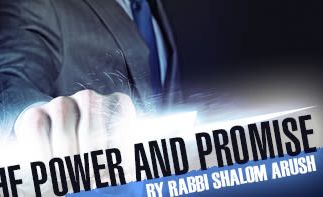

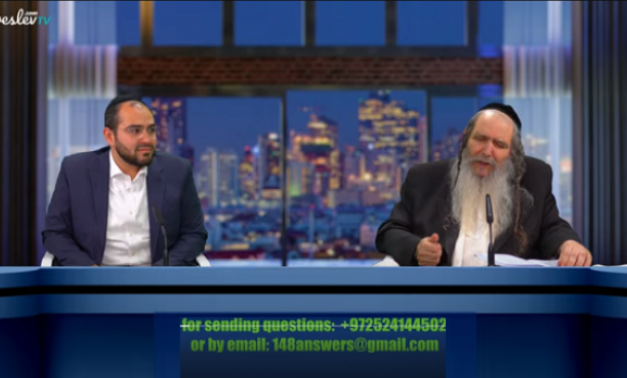
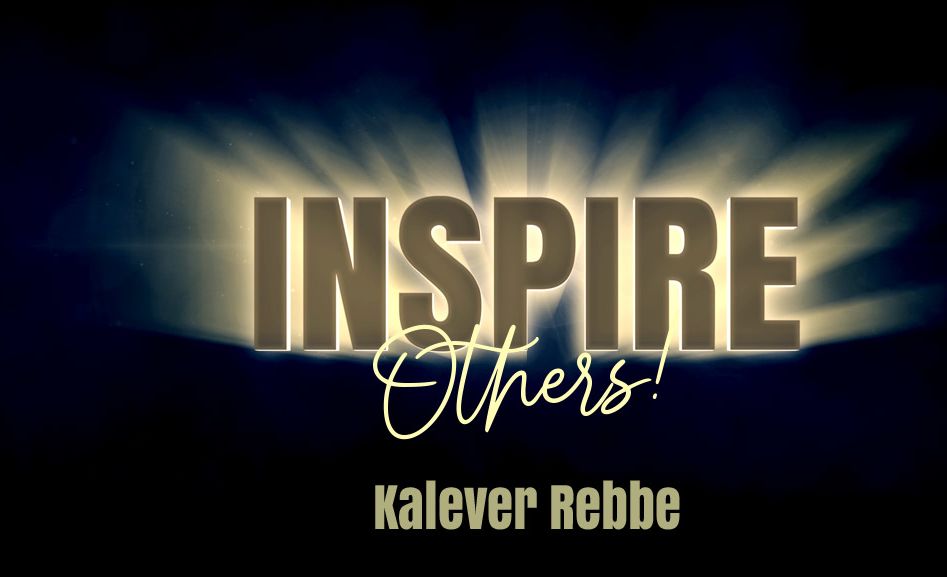

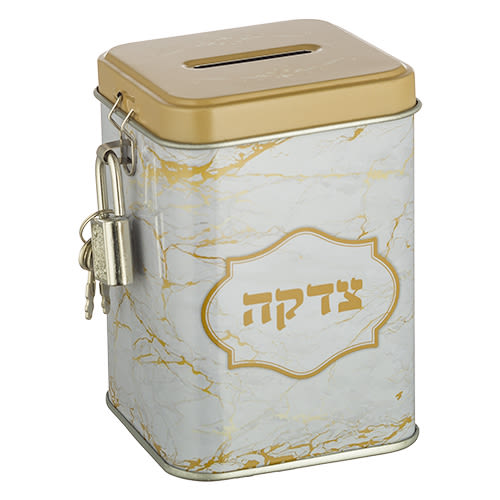
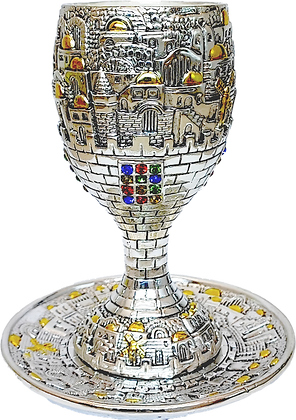

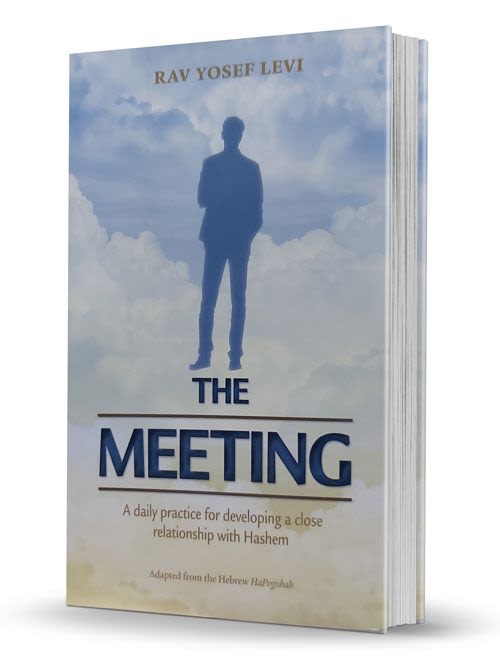

Tell us what you think!
Thank you for your comment!
It will be published after approval by the Editor.